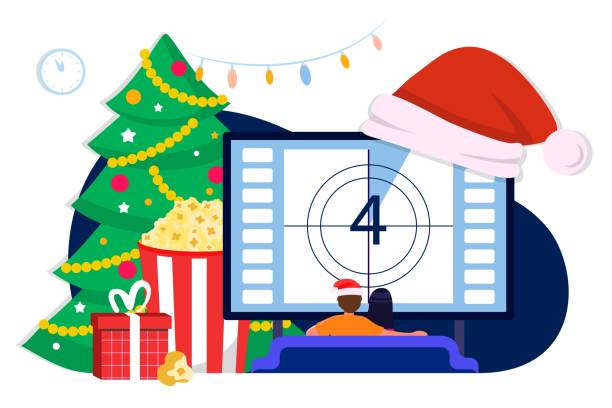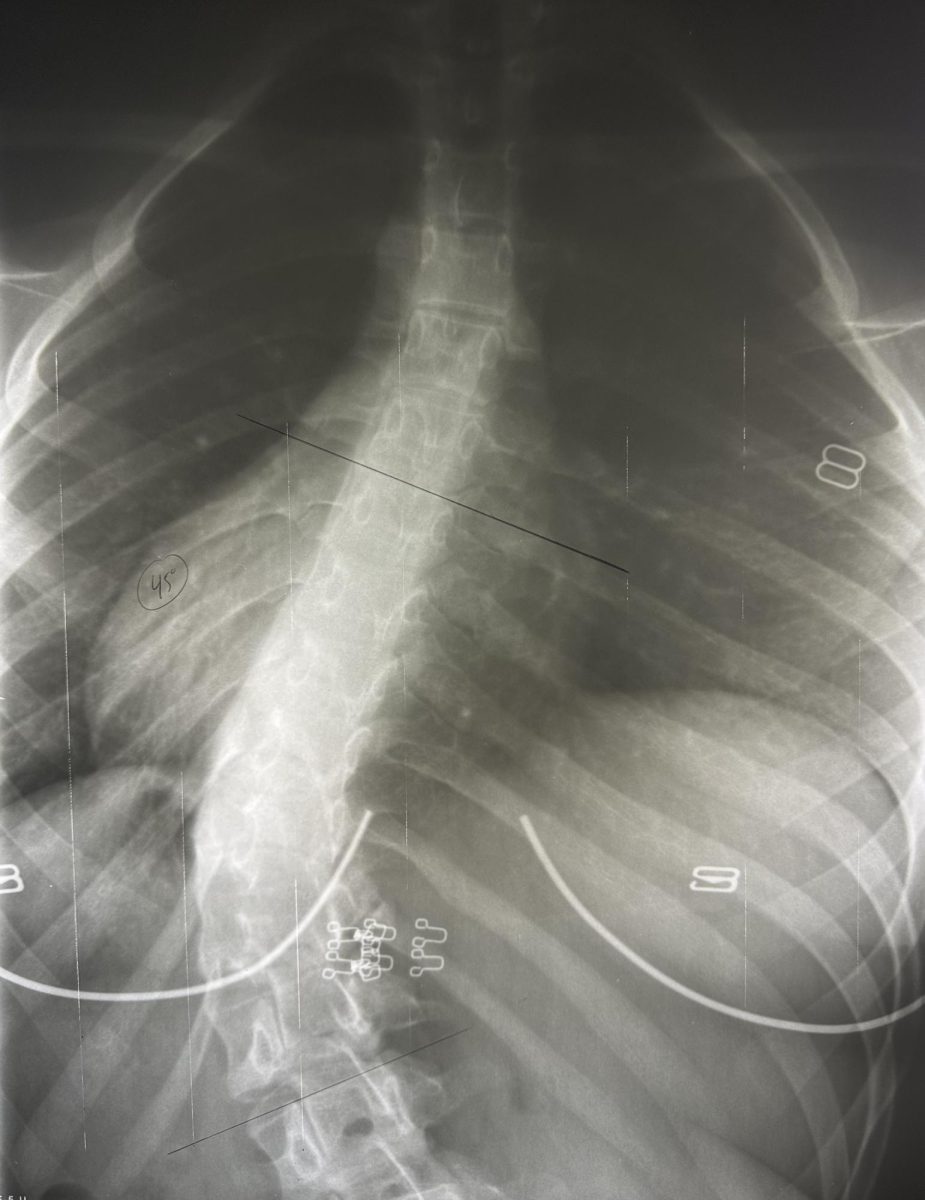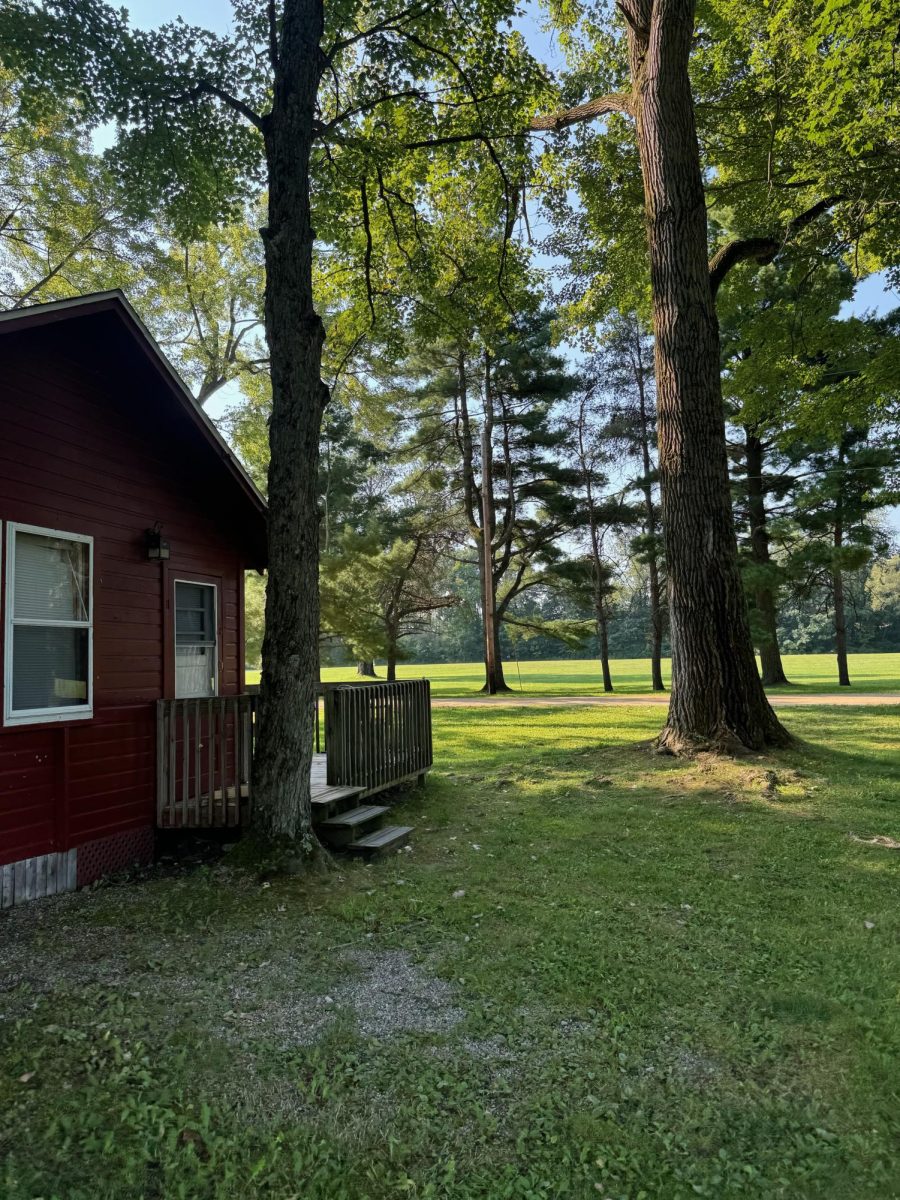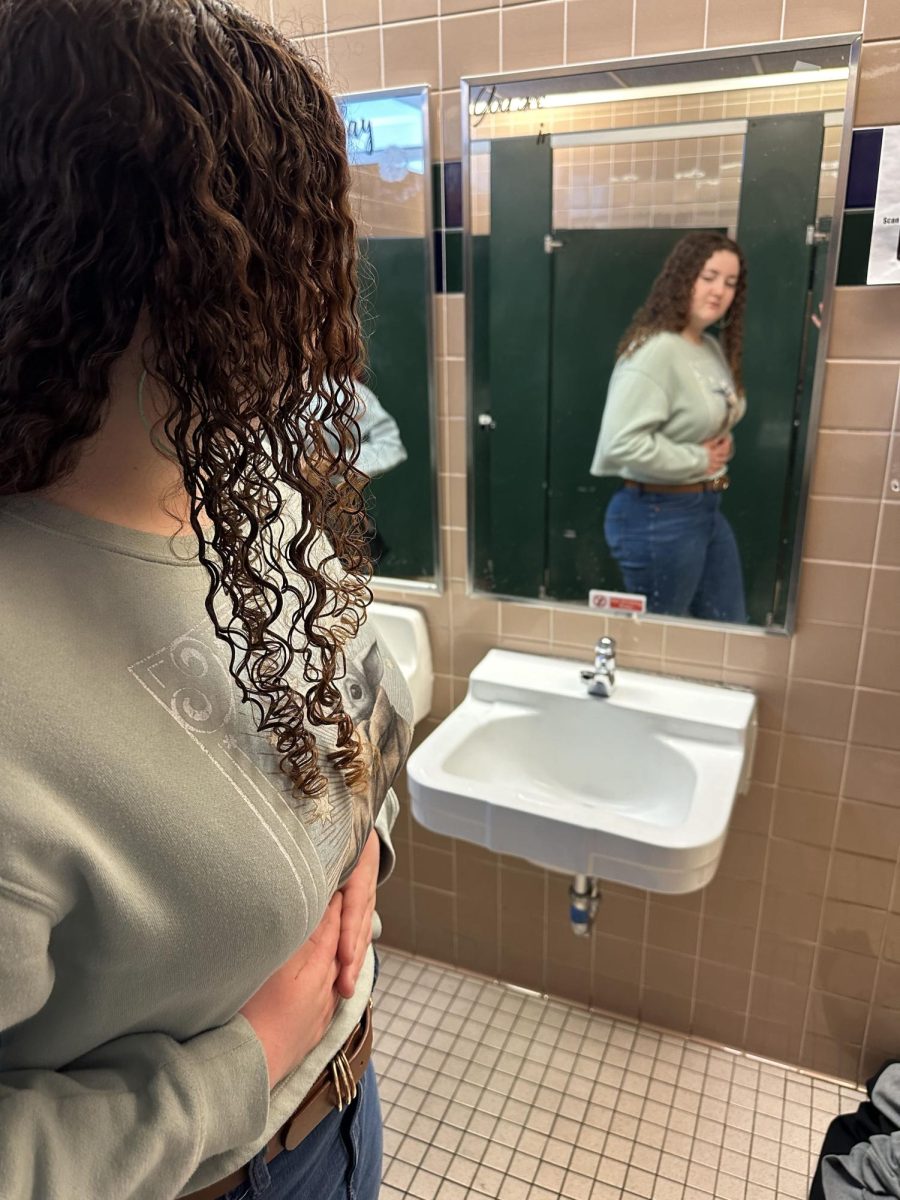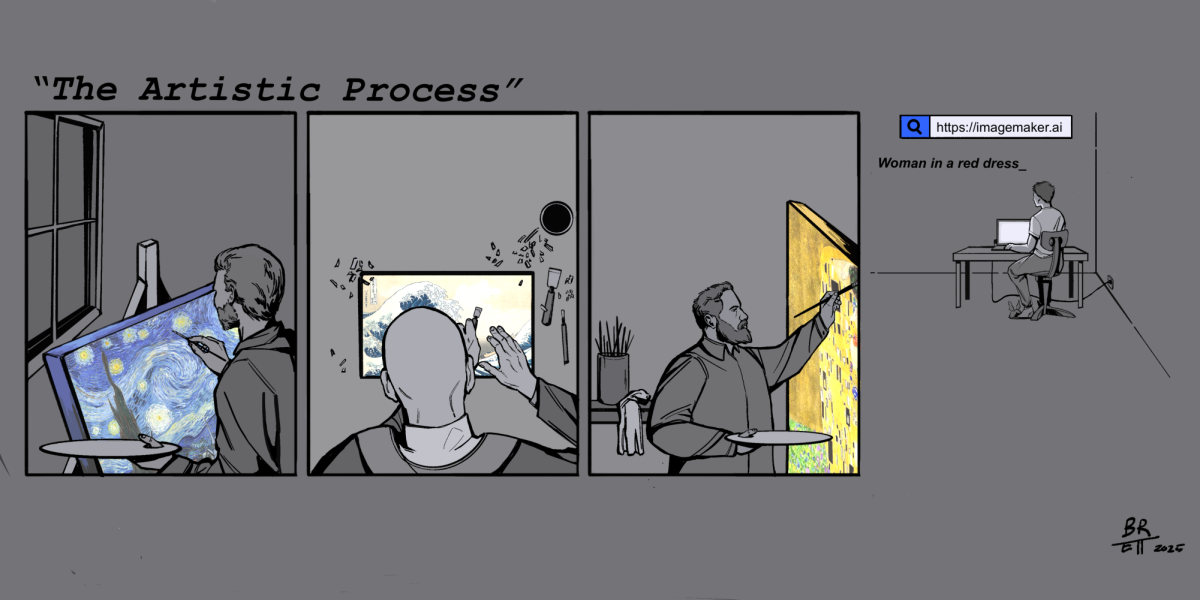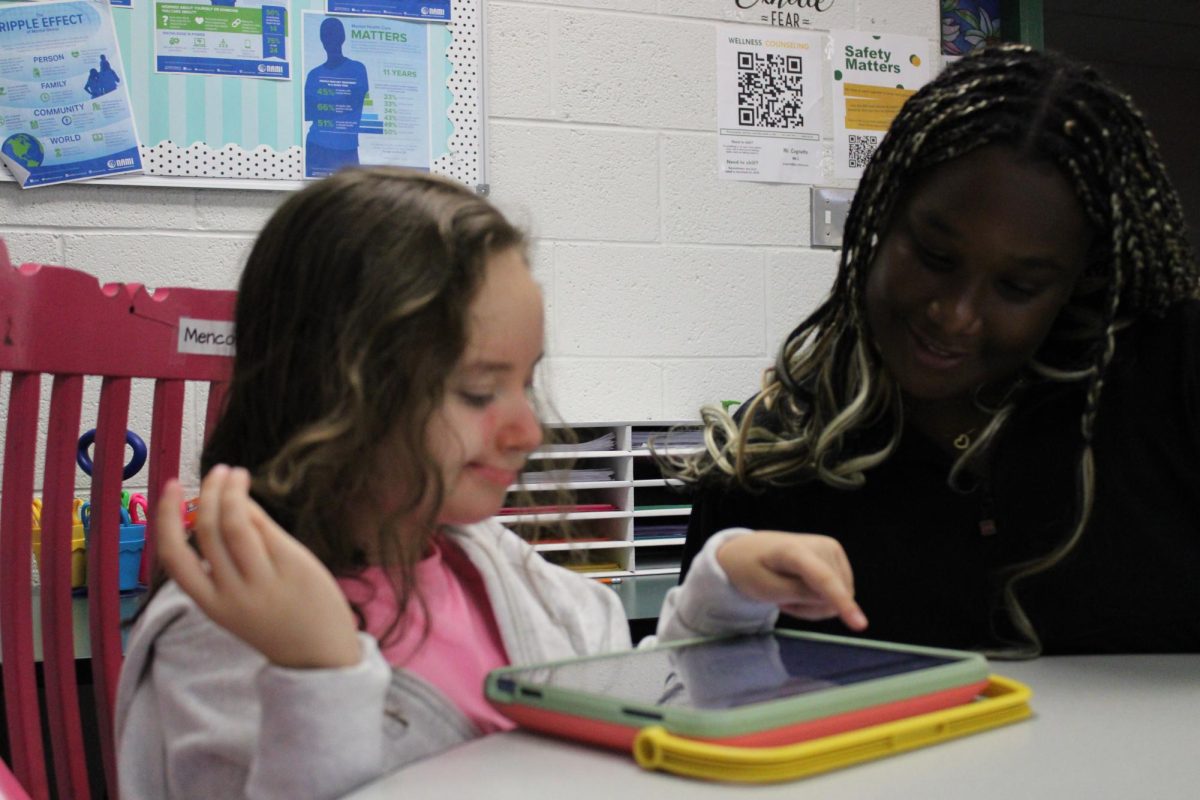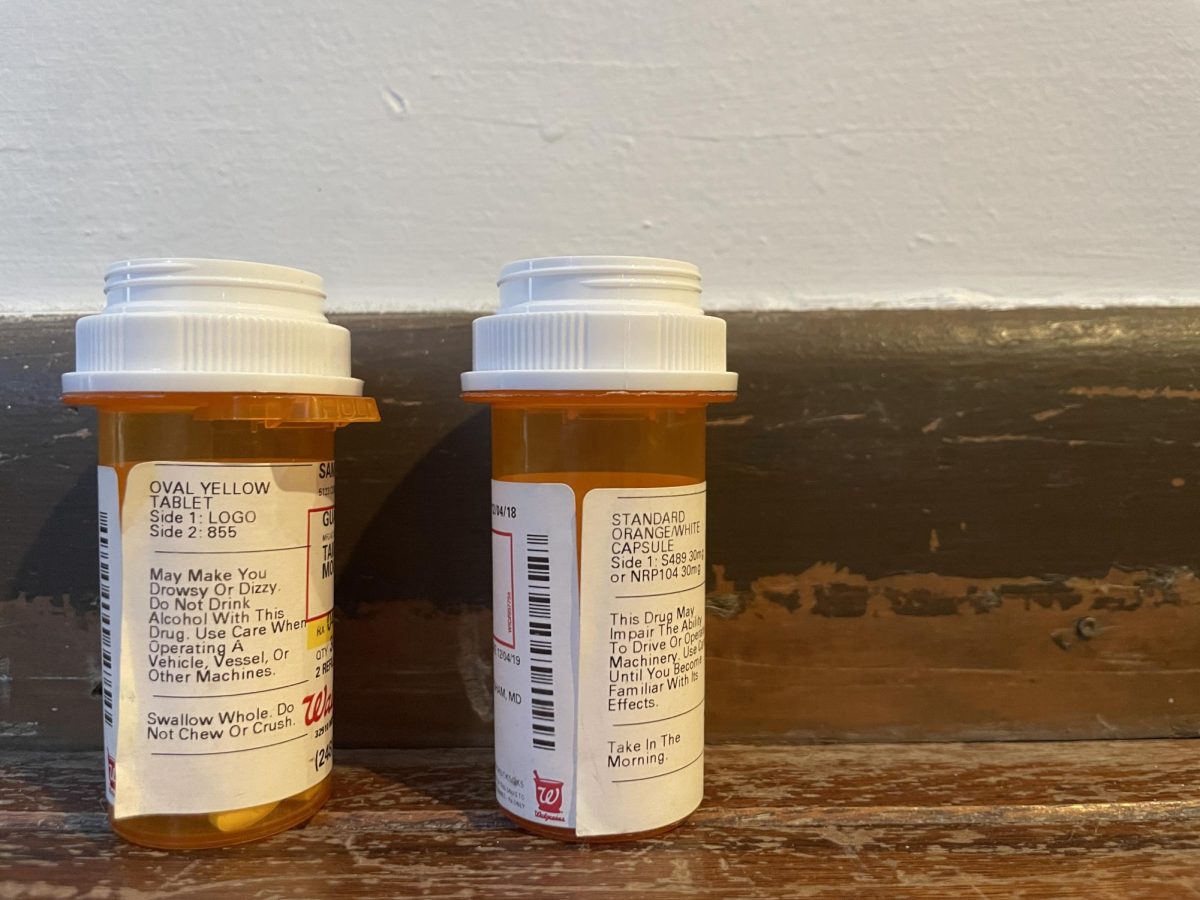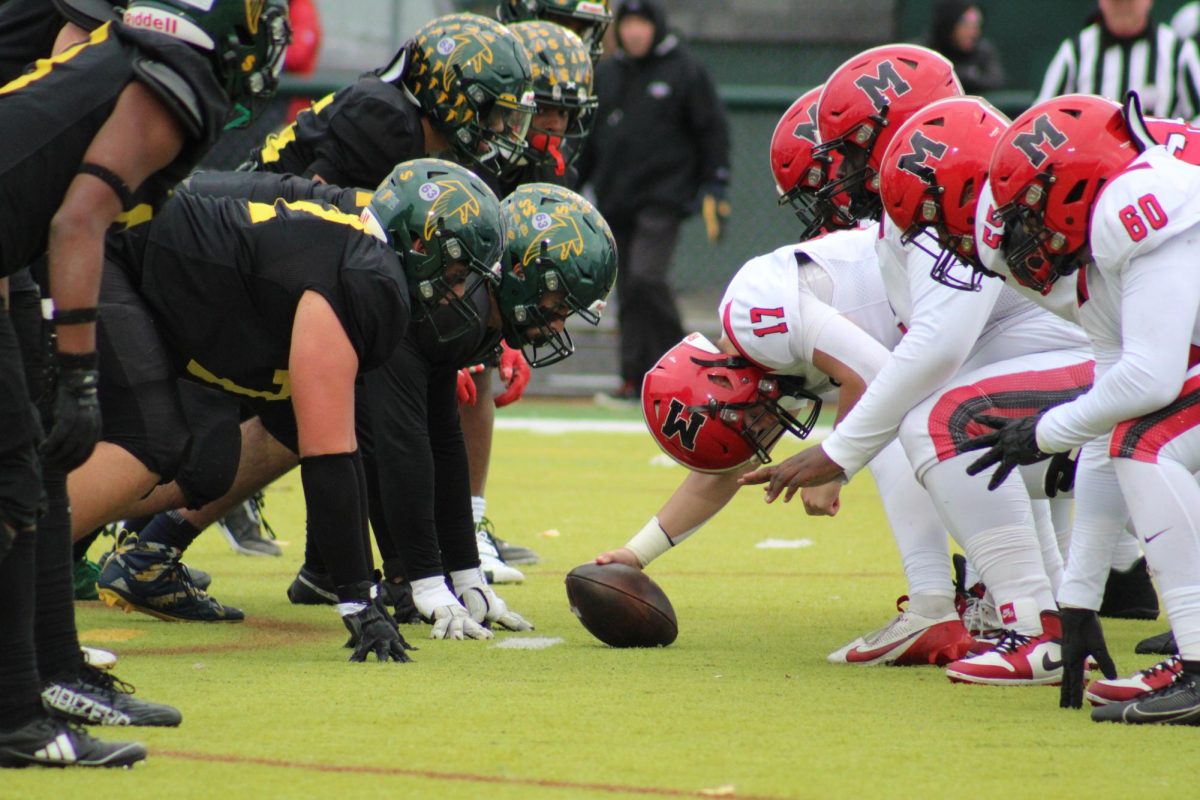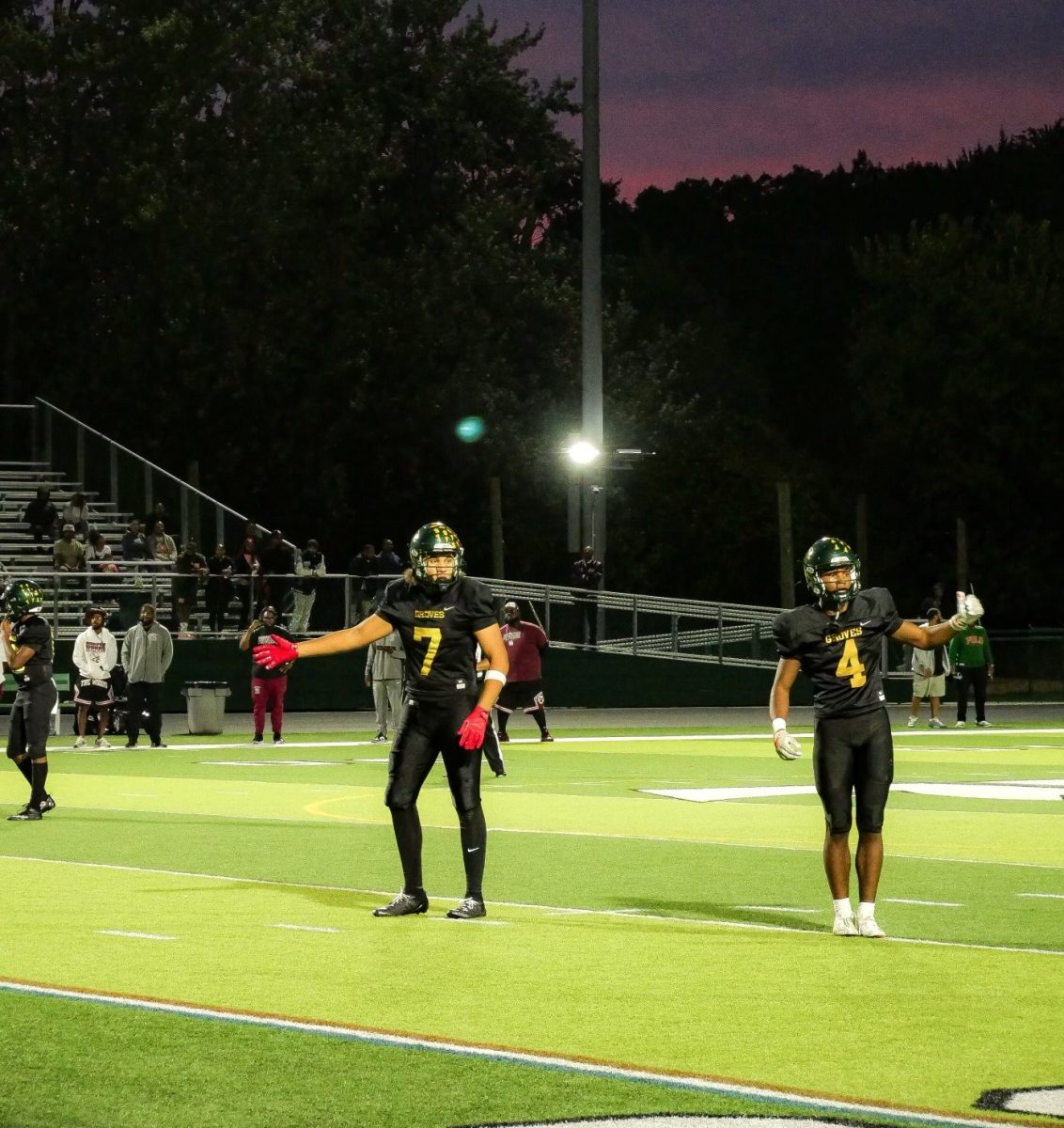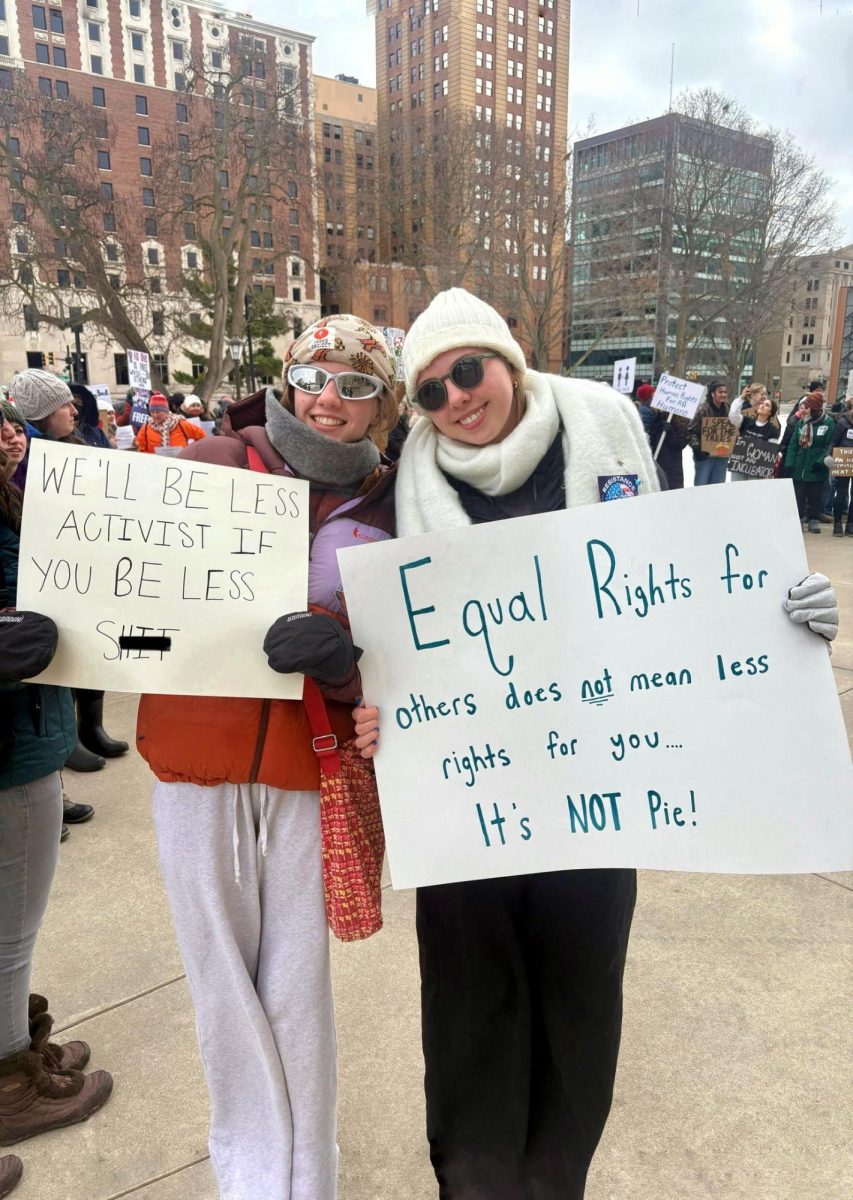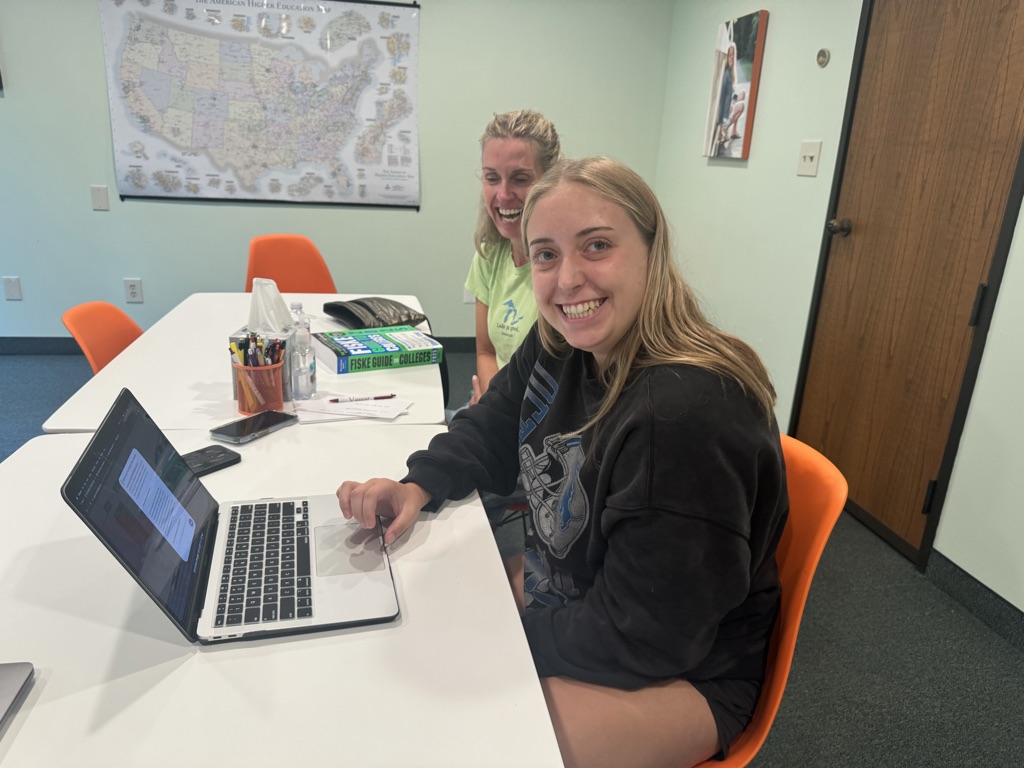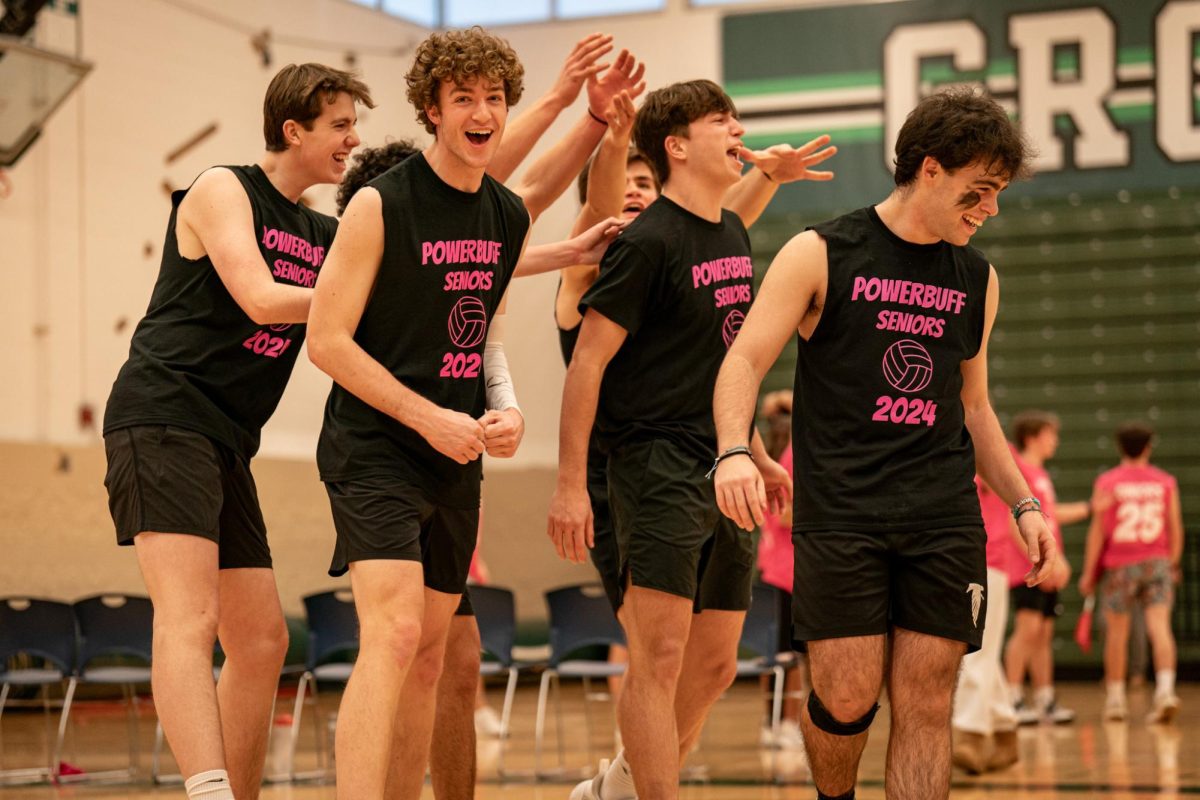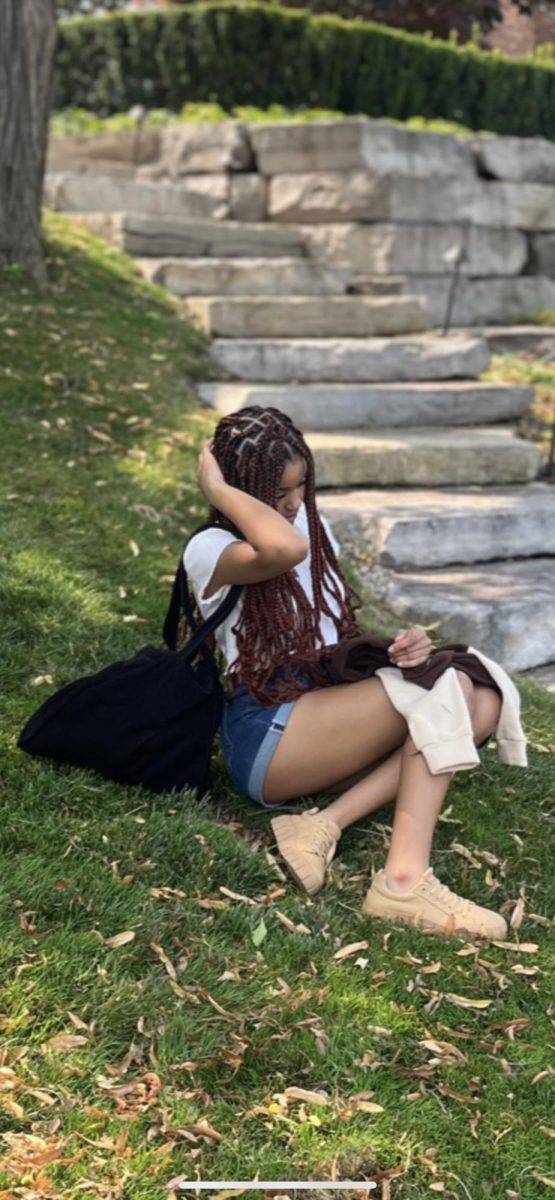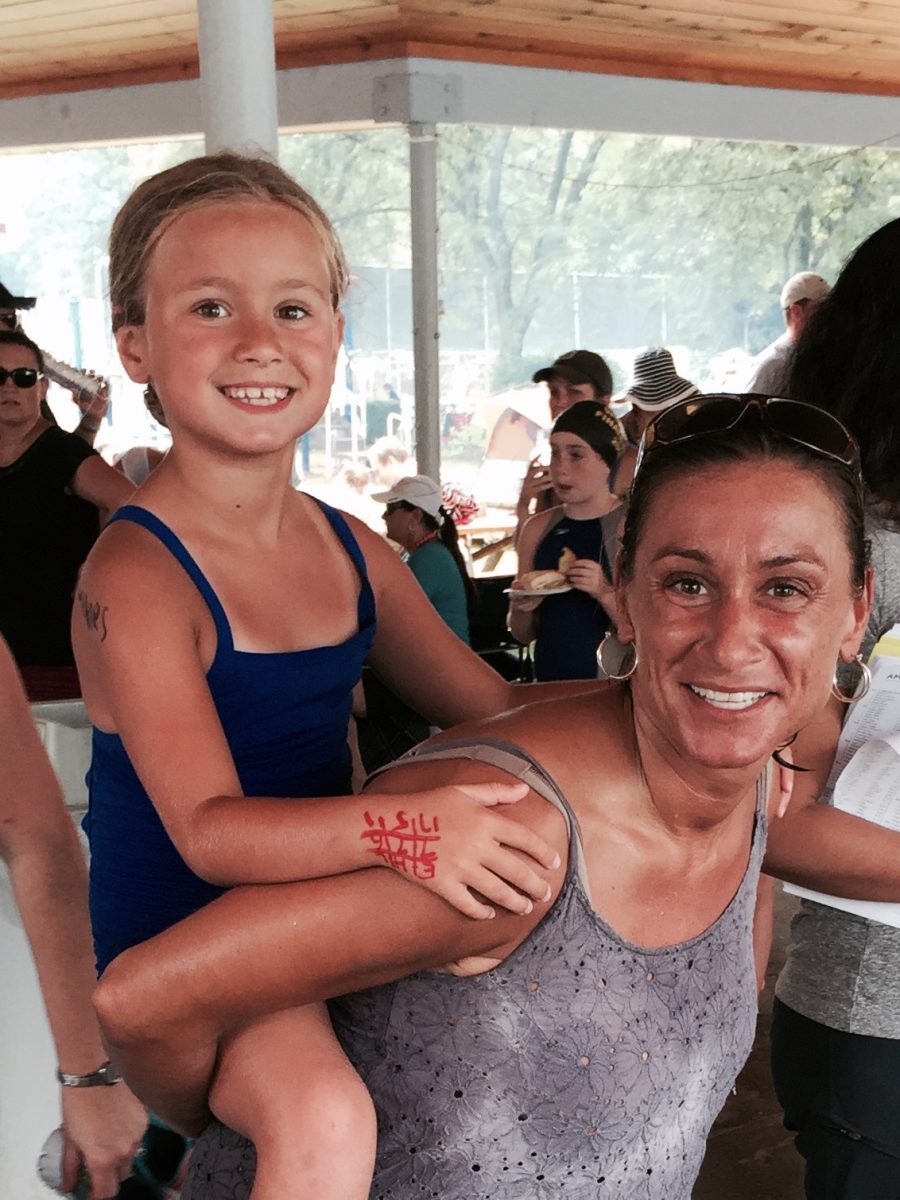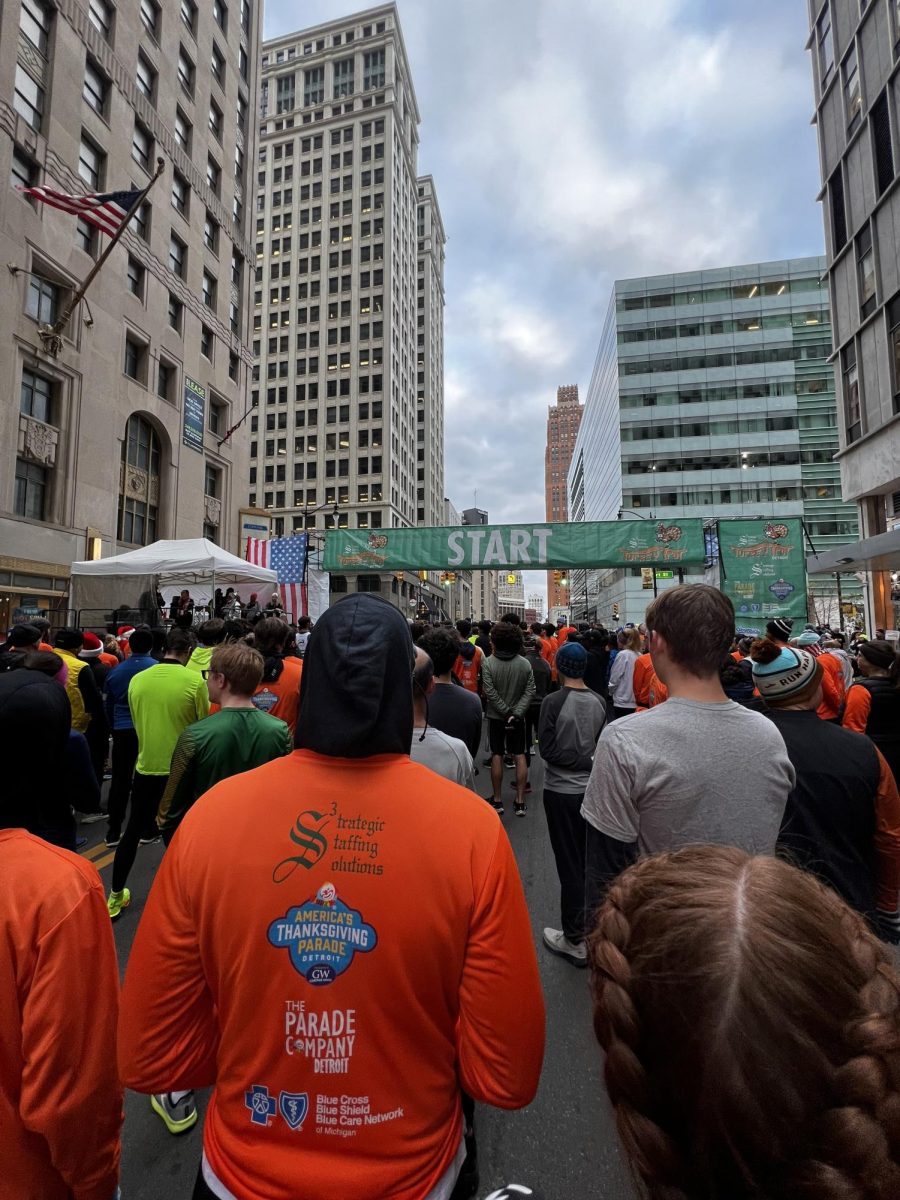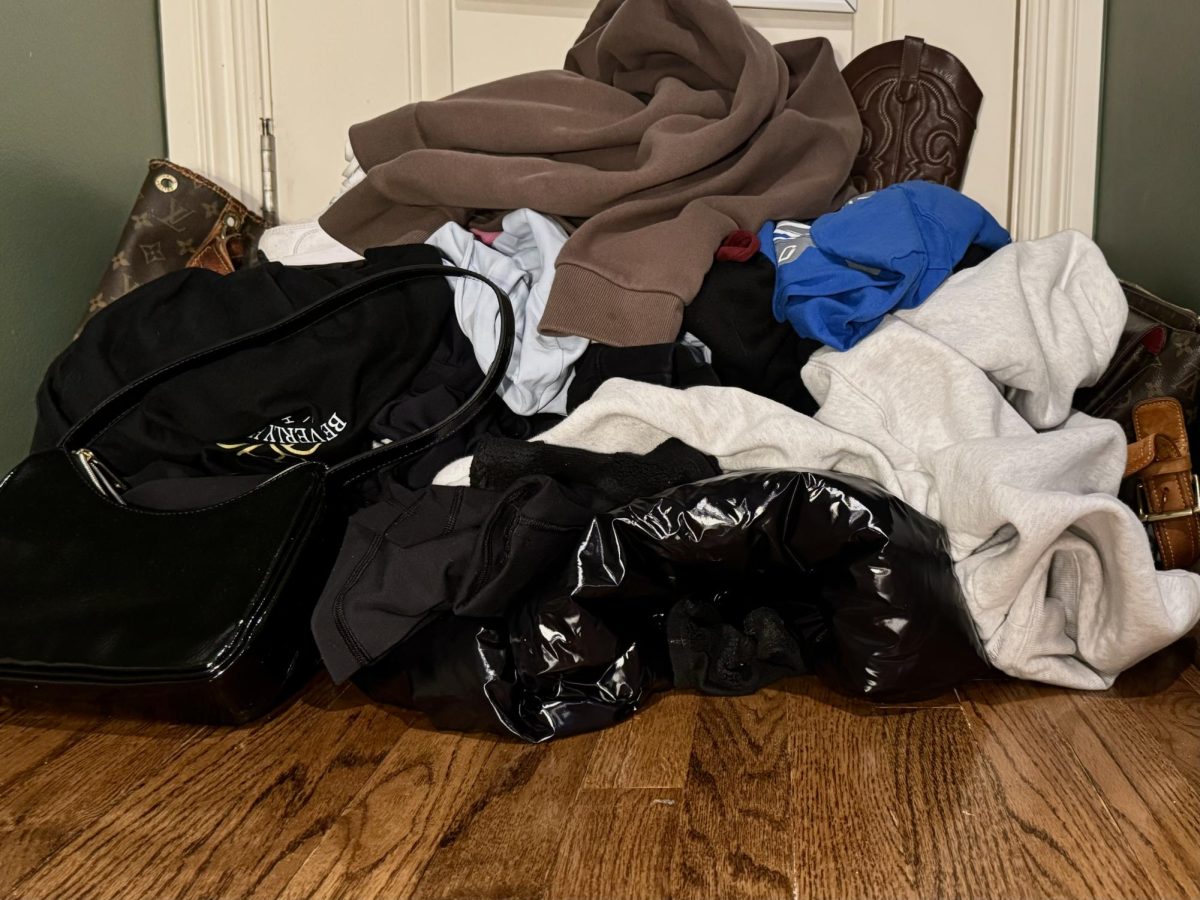“Wherever the art of Medicine is loved, there is also a love of Humanity.” — Hippocrates.
Typically, parents take care of their kid’s medical treatment. They schedule doctor appointments, pay attention to the child’s symptoms, and advocate for them when they’re sick and in need of treatment. But, who does that for the parents? Becoming an adult means your health falls into your own hands. How can someone ensure they get proper care? How do they know if doctors are leading them astray? That is the problem with the medical system in America today; it can be difficult to get accurate treatment. This is made even more difficult simply by being a woman. Students and families at Groves have learned firsthand the importance of taking charge of one’s own health and medical care.
In 2023, Groves student Baity Wagner lost her mother to cancer. While her mother’s condition was terminal, the doctors failed to give her family an accurate estimate of the amount of time she had left.
“It didn’t seem like the doctors themselves were super invested… they told me that she had six months to a year, maybe two years [left to live],” Wagner said. While this vague window of time isn’t very long, it’s better than nothing. Wagner and her mother planned to use this precious time left to travel and grow closer with one another. “She died a month later.” The doctors had been very wrong. Wagner remarked that, if she had been aware of how little time she would have left with her mother, it may have lessened the blow of losing her.
Many families at Groves have experiences with doctors misguiding them and giving them false information, just like Wagner’s.
Retired psychologist and current Groves parent, Rebecca Horn, has struggled to get doctors to believe her symptoms are real—an issue many women struggle with.
“The first time I went to the GI doctor, he heard my story – I’m tired, I have bowel issues and cramping – he gave me the anxiety spiel. ‘You’re a mother and in school. You are just stressed.’ – I can not tell you how many times I have heard this and been dismissed only for the test results to come back with an actual, physical problem,“ Horn said.
“…a 2000 study published in The New England Journal of Medicine found that women are seven times more likely than men to be misdiagnosed and discharged in the middle of having a heart attack,” Harvard Health said in an article titled Women and pain: Disparities in experience and treatment.
Society tends to view women as dramatic and hysterical. Unfortunately, this translates into the medical world. When a woman goes to the doctor, they tend to be brushed off and left untreated. According to the Mental Health Foundation, women are two times as likely to be diagnosed with anxiety as men. Doctors attribute their symptoms to anxiety, rather than considering there may be another cause.
Even when doctors believe their symptoms, women are still treated differently than men. In a 2005 study affiliated with the Department of Emergency Medicine, Hospital of the University of Pennsylvania, the medication men and women experiencing abdominal pain received was monitored. The study found that of men and women who reported similar pain levels, women were less likely to receive opiates and analgesic treatment (medication to relieve pain) than the men were.
This is why it is so important for people, especially women, to take their health into their own hands. Yes, doctors are certainly more likely to understand medical treatment than the average Joe, but nobody should trust them blindly. They know a lot, but they don’t know everything. They are people, not gods; listen to them, but do your own research.
“… my mom was very sick, [so] it was hard for her to fight and advocate for herself. But I really think the only way to get through something like that is to keep advocating for yourself. And if you don’t think you’re getting the proper care, then keep going to different doctors,” Wagner said.
With all of the technology we have today, it’s easy to go out and do your own research. One doctor doesn’t know everything. They may not believe or know how to help you. They may hear what you have to say, and decide you are just exaggerating or mistreat you— especially if you are a woman. As Groves students grow into adults, they need to take charge of their health by learning how to advocate for themselves so they can have the longest, healthiest and best lives possible.

